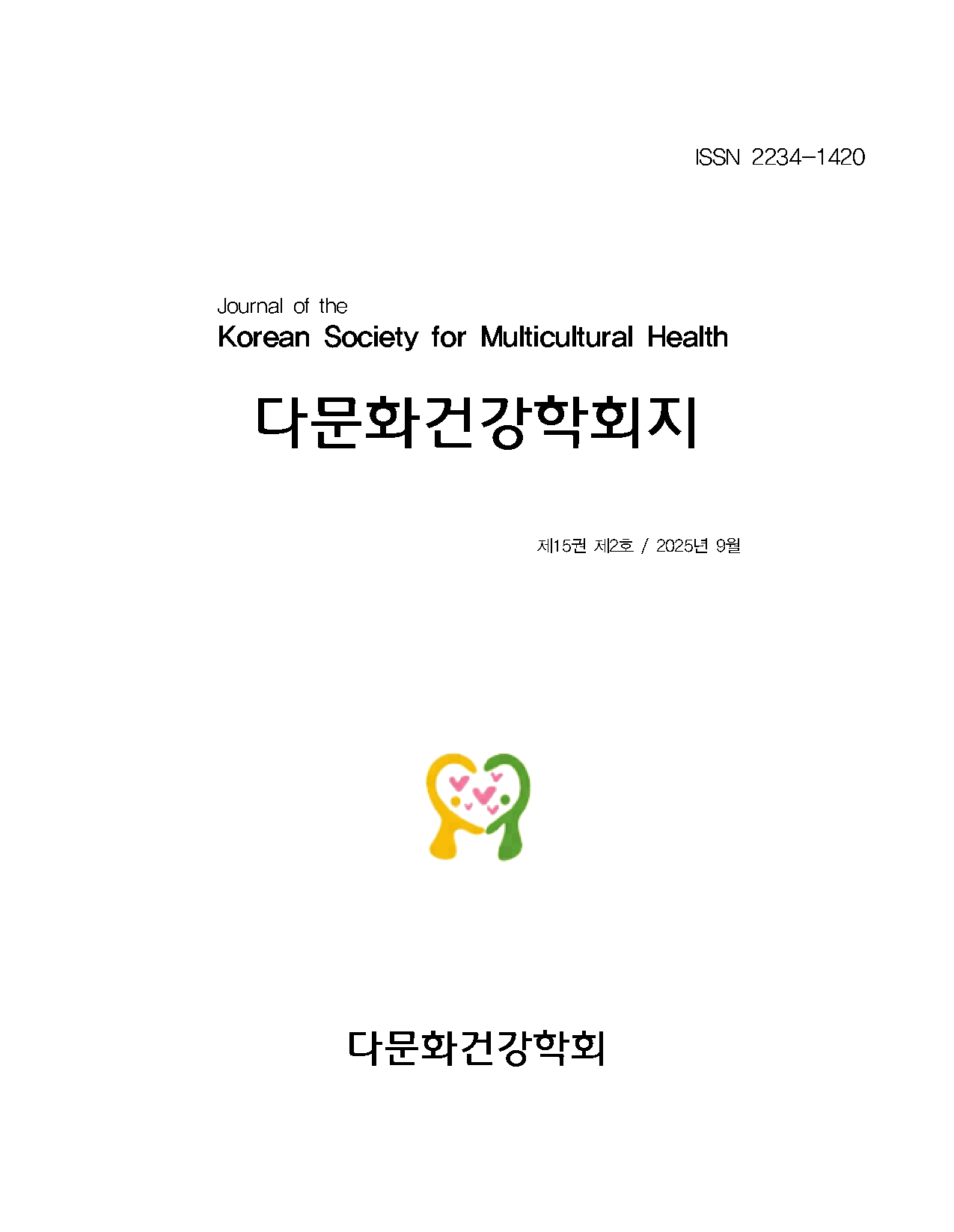Purpose: This study aimed to explore the situational transition experiences of international students adapting to Korean society, using the Meleis Transitions Theory as a conceptual framework. Methods: A qualitative research design based on the grounded theory methodology was employed. In-depth interviews were conducted with 10 international students enrolled at universities in Korea. The data were analyzed using Strauss and Corbin’s coding procedureswhich include open, axial, and selective coding. Results: The analysis revealed that international students experienced multiple transition challenges stemming from language, cultural, and institutional barriers. These challenges led to a core phenomenon of identity reconstruction and the pursuit of social belonging. Participants adopted various coping strategies and utilized personal and social resources to navigate adaptation. As a result, many students reported enhanced autonomy, self-efficacy, and the development of a bicultural identity. Conclusion: The analysis revealed that international students experienced multiple transition challenges stemming from language, cultural, and institutional barriers.
서 론
연구방법
연구결과
결 론
(0)
(0)
